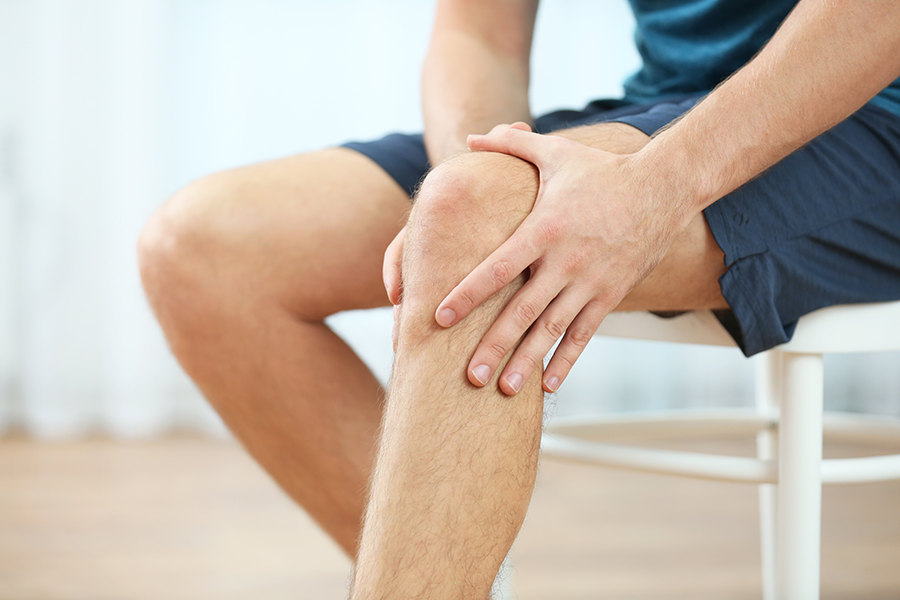Knee pain is one of the most common reasons for a person to visit the doctor. Even more so, knee pain is one of the leading symptoms for people to schedule an appointment with a physical therapist. Although some therapy will be required after you recover from a knee injury, all therapy doesn’t have to be as painful. In fact, regenerative medicine may be able to help people improve their chances of recovery and preventing future injuries.
If you are suffering from knee pain and do not want to have a surgical procedure done, see if you qualify to receive regenerative medicine injections for your knee pain.
It can be draining to to suffer from chronic pain. Regenerative Medicine therapy can help anything from arthritis to common knee injuries, such as: torn meniscus, tendonitis, ACLs, or MCLs. Regenerative medicine has also been successful in improving degenerative bone conditions for some patients. Results will vary for all patients.
Patients choose regenerative medicine for many reasons, but not having to endure a surgical procedure is among the most popular reasons to receive regenerative medicine injections. This form of therapy gives patients less recovery time compared to surgical operations. In fact, many professional athletes elect to receive regenerative medicine instead of surgery based on the speedy recovery time that this therapy offers. Regenerative medicine is the latest medical breakthrough in nonsurgical, pain-relief therapy, and our doctors can help alleviate you chronic knee pain that was caused by certain medical conditions.
How Does Regenerative Medicine Knee Pain?
A 2014 international review examined 16 documented studies on the effectiveness of one form of regenerative medicine and how it can help chronic knee pain from osteoarthritis (archives-pmr.org, 2014). The researchers in each study found that PRP injections helped most of the patients recover from their injury at a faster rate compared to those who just endured physical therapy, and they recovered at a similar rate compared to those who received a surgical procedure. The review concluded by determining that regenerative medicine “improved the functional status” in approximately 85% of the 1,543 patients who participated in each study (archives-pmr.org, 2014).
Regenerative medicine promotes cell regeneration to support damaged cartilage. The growth factors in the body’s blood cells work to repair damaged soft tissues. Although PRP injections can be slightly less expensive than regenerative medicine injections, there is a tremendous difference in effectiveness. During a consultation, a doctor can determine which injection therapy will help you more.
Regenerative medicine therapy has successfully helped thousands of patients with chronic knee pain from tissue damage, cartilage deterioration, inflammation, and other knee injury symptoms.







